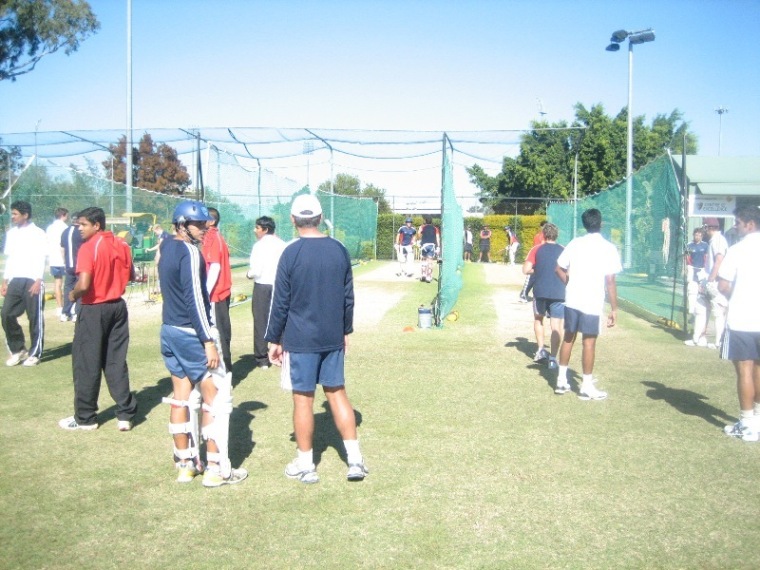
Responding to a worldwide pandemic and navigating the resulting global economic shutdown would pose a significant challenge to even the healthiest organisations all on its own. But the coronavirus crisis has also served to expose those governments or organisations that, beneath a façade of having it all together, have been built on a foundation of sand—just waiting for a cold wind come along and blow the whole house of cards down.
Whitewashed tombs and dusty bones
We’ve seen this across the sporting world in particular, with governing bodies that seemed flush with cash, turning over millions, revealed to be overly reliant on broadcast deals and suddenly unable to pay the bloated salaries of administrators, let alone players. Watching them scramble to suddenly come to terms with a very different world is a reminder of the dangers of bureaucracy created to serve a purpose becoming the purpose itself.
Both rugby codes have struggled, with the National Rugby Leagueattracting widespread condemnation for their approach to both the timing of calling off their season, and their plans to relaunch precipitously. With their leadership admitting that some clubs nay not survive the crisis the last thing the needed was another scandal to add to their problems—and to the long list of scandals they had already faced.
Damage control
So, I can imagine the reaction in the boardroom when a number of players announced that they would refuse to accept any conditions that mandated they receive a potential future coronavirus vaccine, objecting to vaccination on moral grounds. It wasn’t the first time rugby players had expressed anti-vaxxer views, but from a public relations point of view it couldn’t have come at a worse time.
Now, I’ve written before about the rights of people to hold unpopular opinions and I would be the last person to say that there is no place in sport for morality and principle. But, I am going to leave aside the rights and wrongs of their position for now. What I find interesting is the growing belief in our society that freedom of speech is the same thing as freedom of consequences.
Comfortable convictions
The impression that players like Cartwright have given is that if the National Rugby League sets conditions for playing that they find unacceptable then they should be able to hold that position but still get to play—that they are entitled to have their moral cake and eat it. It’s not a portrayed as a case of having to choose between their principles and compromise.
It's a trend we not only see in sport—examples like Israel Folau wanting to be able to express his own views when they don’t align with his employer—but in the world at large. Think of Muslim women wanting to be able to mask their face but still get a drivers licence, or civil servants wanting to criticise the government on a partisan level. I remember when I worked a religious organisation hearing atheists complain about the Christian environment, and my question was...“Why come work here?”
Weighing up the cost
I’m not trying to say that they aren’t entitled to their opinions, or that the government or sporting bodies or businesses are never the ones in the wrong. My concern is the idea that you can have always have it both ways, that you can stand on your principles without ever having to make sacrifices.
Sometimes standing up for your beliefs means having to give up something else. It might mean not accepting a pay cheque from an organisation that has values you can’t agree with. It might meaning losing friends who disagree with you. But, if we only stick to our convictions when it doesn’t cost us anything what exactly are they actually worth.
Where do you draw your line?
History is filled with people who gave everything—family, friends, fame, their very lives—for what they believed in. They made their choice about what mattered most to them. We need to remember that sometimes making that choice can’t be avoided—and that’s when we discover what truly matters.

David Goodwin is the former Editor of The Salvation Army’s magazine,War Cry. He is also a cricket tragic, and an unapologetic geek.
David Goodwin archive of articles may be viewed at http://www.pressserviceinternational.org/david-goodwin.html